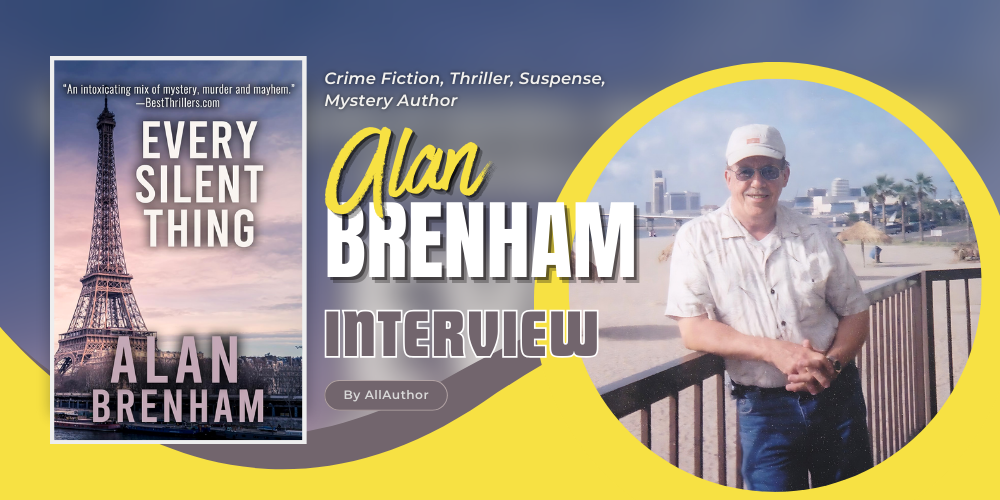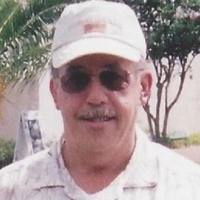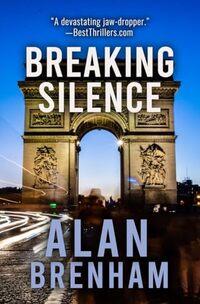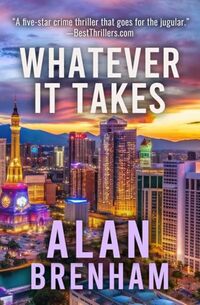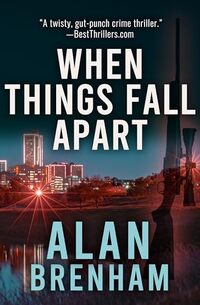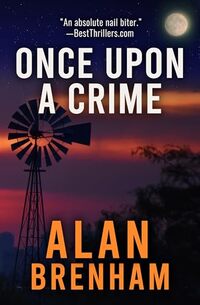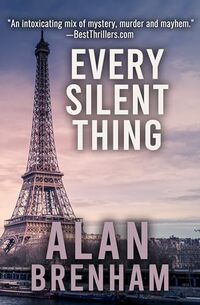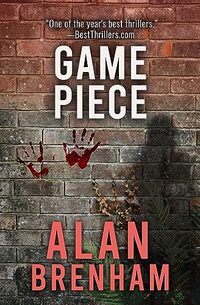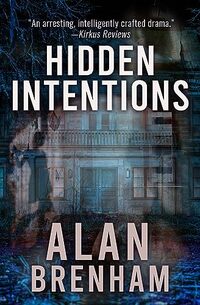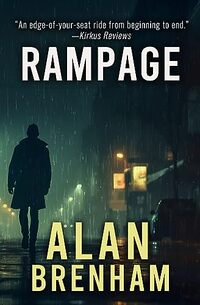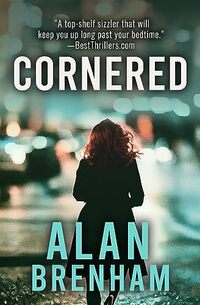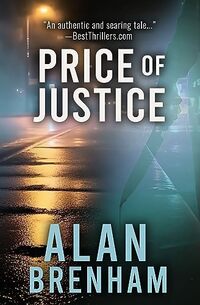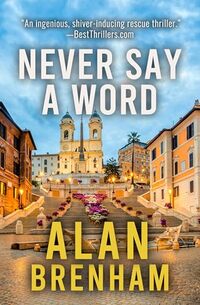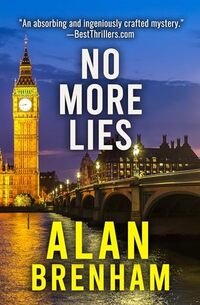Can you tell us about your journey from law enforcement to becoming a published author? How did your experiences influence your writing?
As a law enforcement officer– be it uniform or detective – a fair amount of time was spent writing reports. After twenty years, I took my career in a different direction – becoming an attorney. About half the time as an attorney was spent writing so when I retired, it made sense to continue writing. With my background, authoring crime fiction novels was the perfect way to spend my retirement. My experiences in both career fields set the stage for crafting those stories. A few incidents from my law enforcement days as well as some from time as a lawyer played a role in those stories (altering certain facts to disguise actual places and identities). With law enforcement procedures and investigative methods having changed over time (the advent of DNA, cell phones, and computers), I consulted with present day investigators so my stories had a certain realness to them.
Your novels have been translated into foreign languages. How does it feel to see your work resonate with readers from different cultures and backgrounds?
It’s interesting to discover their impressions and reactions to my stories.
Your background includes serving as a US Treasury Special Agent and a detective with the Temple, Texas, Police Department. How have these experiences shaped the characters and plotlines in your novels?
Both experiences had a lot to do with some of the characters in my novels. As stated above, I used past incidents to shape some of the plotlines and character backstory. Travels undertaken as part of my duties with the Treasury Department along with my years spent living in Europe played a role in three of my recent novels – No More Lies, Every Silent Thing, and Never Say A Word.
During your time as a law enforcement instructor in West Berlin, you won a gold medal in an Army-sponsored international pistol competition. How did this experience impact you, both personally and professionally?
Professionally, it had no impact. Personally, I realized a sense of satisfaction from how much my Secret Service weapons training played in winning the gold over the large number of international participants.
Could you share with us your creative process when developing characters for your novels? Do you draw inspiration from real-life individuals or events?
My process is actually inspiration garnered from real-life individuals. For example, in Every Silent Thing, the identical twins were inspired by my twin nieces.
What advice would you give to aspiring authors who are considering incorporating their professional experiences into their writing?
They should but must disguise names, locations, and any identifying information which could be construed as libelous. That said, using real-life experiences should enable them to obtain a clear mental picture of how the event played out.
How do you balance the demands of practicing law with your writing career?
I have retired from my law practice so it has no impact on my writing career.
Can you provide insights into the research process for your novels, particularly when it comes to legal and law enforcement procedures?
For law enforcement procedures, I consult with two current law enforcement officials and a retired FBI agent for up-to-date information and confirmation of constructed scenes in my novels. The process for legal procedures requires me to consult with a former associate of mine who is still engaged in an active law practice since I have been retired from law and not keeping up to date on current case law.
What do you hope readers take away from your novels, especially in terms of themes or messages?
My primary hope is that readers come away with having enjoyed reading the story. If any themes in my novels help to create an awareness and/or a better understanding of cultures then the story was a double success. An example would be how Claire Deveraux deals with her deafness in her personal life and in her job.
How do you approach crafting suspense and tension in your storytelling? Are there specific techniques or strategies you employ?
My principal method is to set up a situation then create roadblocks and “fork-of-the-road” choices for my protagonist to have to deal with. Each situation is harder than the one before.
As a member of various writers' associations, how valuable do you find the support and networking opportunities within these communities?
The networking opportunities are very useful. Support depends on what my objective is.
What are some of the challenges you've encountered while transitioning from law enforcement and law practice to writing fiction? How have you overcome them?
I really haven’t experienced any challenges while transitioning form law enforcement and a law practice to novel writing.
Can you share any details about your upcoming novel or projects you're currently working on?
The third story in the Claire Deveraux trilogy, titled Breaking Silence, is expected to be published this summer. I am currently working on the second book in the Kit Hanover series. In it, she will be following leads in a homicide which will lead her out of state to face off with an antagonist who is two steps ahead of her.
Are you satisfied with the AllAuthor experience thus far? Is there anything about the site you particularly like or dislike?
I am very pleased with my AllAuthor experience. One particular like is that AllAuthor has been actively promoting my books with various posters.
